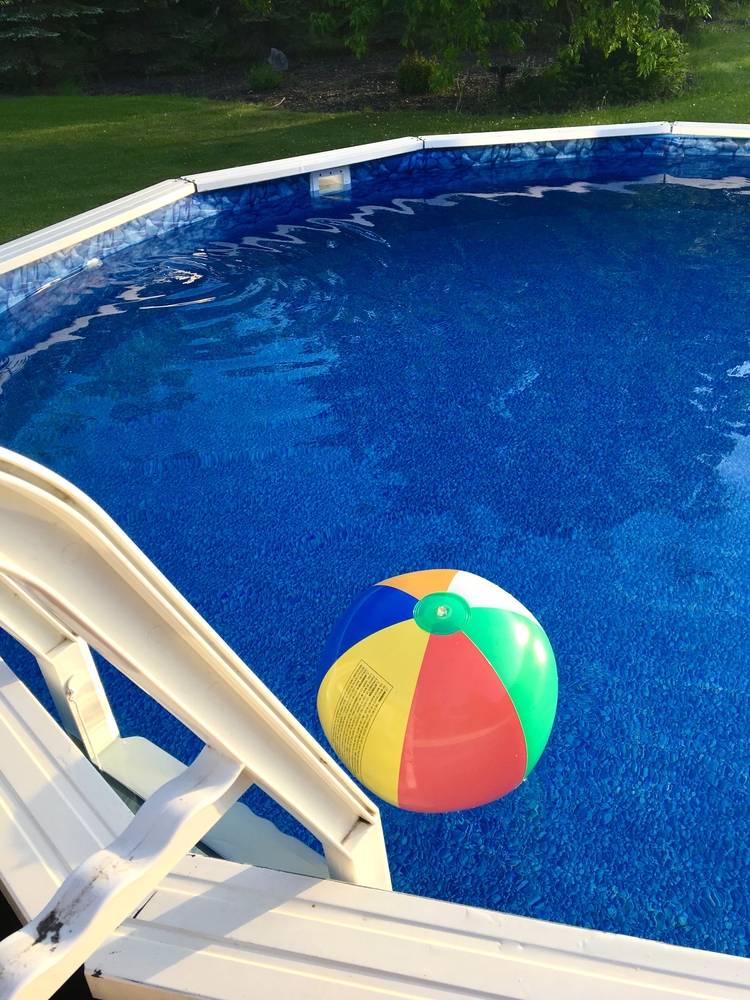There is damp soil near my pool equipment, on the left side of my large gas pool heater (damp soil on the left of the heater, pool pump and filters on the right side of the heater).
The soil is not what I would call wet, but certainly call damp. You can't grab a handfull and squeeze any water. Whatever the case, the soil is certainly not dry.
However, that area of soil never receives any sun. It's always being shaded off by a nearby wall. It doesn't rain often in Las Vegas, but that area almost never seems dry. It's been like this for at least 1-2 years. Could even be longer and I haven't noticed.
I believe the pool lines are running under that area, or near it. Not 100% on that.
The water meter is not active late at night (when everyone is sleeping) and neither is the pool's auto-fill.
My water bill this month is barely 3 dollars higher than last year during the same time period (and that's with the higher Nevada water rates).
Whatever the problem is, it's not really costing me anything on the water bill.
Both the pool cleaning company and my landscapers told me it's even close to being worth it to start digging up that entire area.
But, I keep getting fixated to find out what the problem actually is (maybe there is no problem).
Could is be rain water that never drains anywhere and it just stays damp for weeks or months? Could it somehow be condensation from the lines running below?
Has anyone seen this in their backyard before?
The soil is not what I would call wet, but certainly call damp. You can't grab a handfull and squeeze any water. Whatever the case, the soil is certainly not dry.
However, that area of soil never receives any sun. It's always being shaded off by a nearby wall. It doesn't rain often in Las Vegas, but that area almost never seems dry. It's been like this for at least 1-2 years. Could even be longer and I haven't noticed.
I believe the pool lines are running under that area, or near it. Not 100% on that.
The water meter is not active late at night (when everyone is sleeping) and neither is the pool's auto-fill.
My water bill this month is barely 3 dollars higher than last year during the same time period (and that's with the higher Nevada water rates).
Whatever the problem is, it's not really costing me anything on the water bill.
Both the pool cleaning company and my landscapers told me it's even close to being worth it to start digging up that entire area.
But, I keep getting fixated to find out what the problem actually is (maybe there is no problem).
Could is be rain water that never drains anywhere and it just stays damp for weeks or months? Could it somehow be condensation from the lines running below?
Has anyone seen this in their backyard before?







